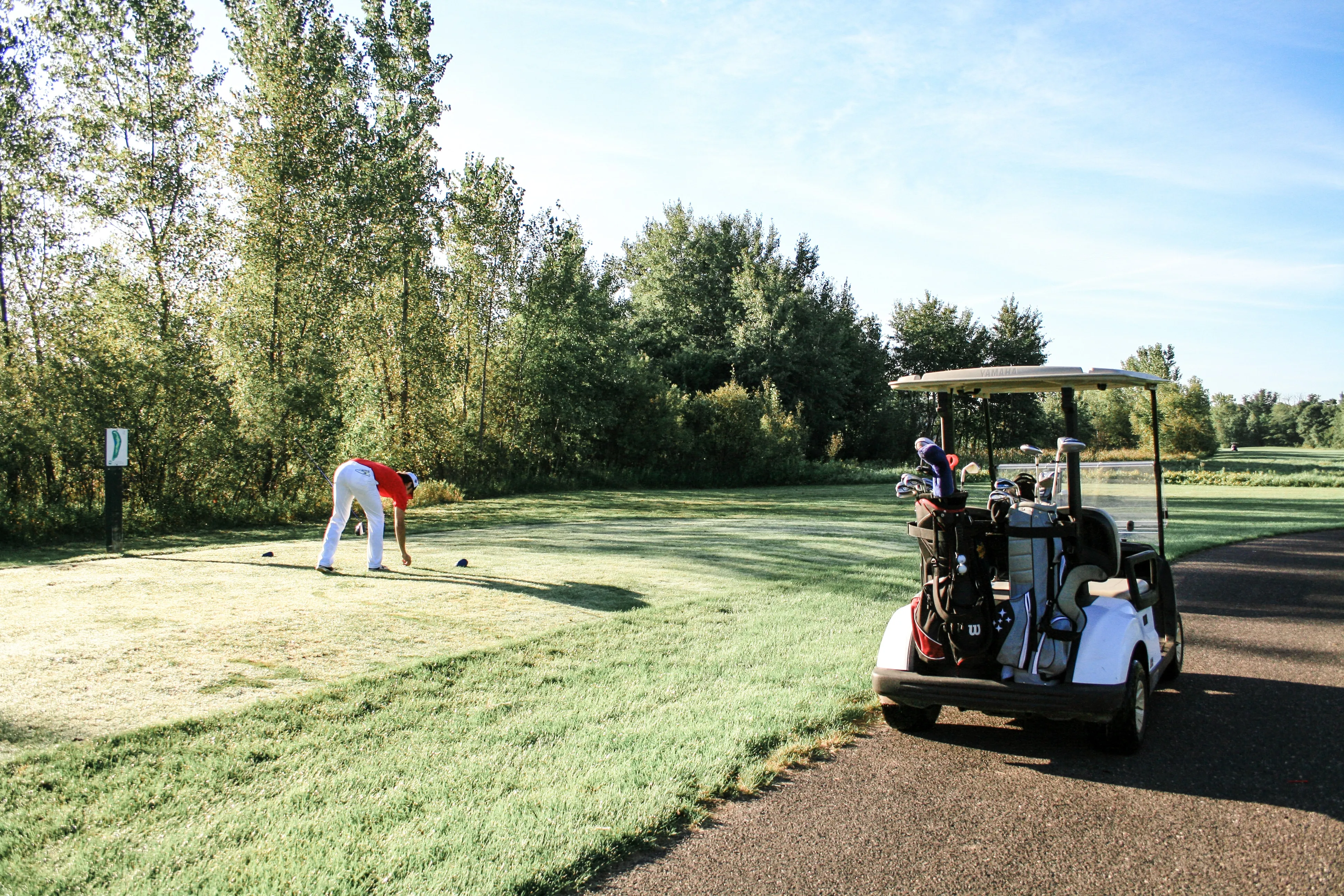Golf and Mental Health: Unveiling the Therapeutic Magic of the Greens
Ever wondered why golf enthusiasts are so passionate about a game that, to the uninitiated, might seem like merely hitting a ball into a hole? Well, there's more to golf than meets the eye. This seemingly simple game has profound impacts not just on physical well-being, but mental health too. Today, we delve into the therapeutic benefits of golf, from sharpening focus to offering relaxation, and why the sport could be your new form of therapy. 🤔⛳

The Mindfulness of Golf
Golf is not just a game; it's a practice of mindfulness. The moment you step onto the green, the outside world fades away. You're left with your thoughts, your clubs, and the fairway stretched out in front of you. It's just you and the present moment—mindfulness at its best. 🌿
The Power of Focus
One of the most remarkable aspects of golf is the focus it demands. To aim, swing, and sink the ball requires a level of concentration akin to meditation. This level of focus not only enhances your skills on the course but also hones your mental faculties, making you better equipped to handle the challenges of daily life. 🎯
Relieving Stress, One Swing at a Time
There's a certain tranquillity in the repetition and rhythm of a golf swing. This rhythmic motion coupled with the serene environment can significantly reduce stress and anxiety. Imagine being surrounded by lush green landscapes, breathing in the fresh air, and disconnecting from the bustle of everyday life—it’s like a natural stress-reliever. 😌
The Social Aspect
While golf can be a solitary game, it's often played socially. This provides opportunities for social interaction, networking, and the formation of friendships. The social aspect of golf can help alleviate feelings of isolation, a known trigger for mental health issues. 🤝
An Outlet for Competition
Healthy competition is excellent for the mind. Golf offers a platform to challenge yourself and others, providing a healthy outlet for competitive instincts. In turn, this can boost your self-esteem and sense of achievement. 🏆
A Sense of Routine
Having a routine can be comforting and therapeutic. Golf naturally provides this through its very structure—the planning, the rounds, and the practice sessions. This sense of routine can be particularly beneficial for those struggling with mental health issues like depression or anxiety. ⏰
A Physical and Mental Exercise
It's well-documented that physical exercise can improve mental health. Golf, while not the most strenuous sport, provides ample opportunity for physical activity. This, in turn, releases endorphins, the body's natural mood lifters. 🏌️♂️
Golf as Therapy
Given these facets, it's not surprising that mental health professionals have started to acknowledge the therapeutic benefits of golf. From ADHD to depression, and even PTSD, golf is being used as a form of therapy to improve mental well-being. 🌱
The Harmony of Golf
So, the next time you think golf is just a sport for retirees or the elite, remember the mental health benefits it offers. With the power to focus the mind, relieve stress, and offer social connections, golf is more than a game—it's therapy, wrapped up in a fascinating package of skills and landscapes. 🌟
Why did the golfer bring two pairs of trousers?
In case he got a hole in one! 😂











